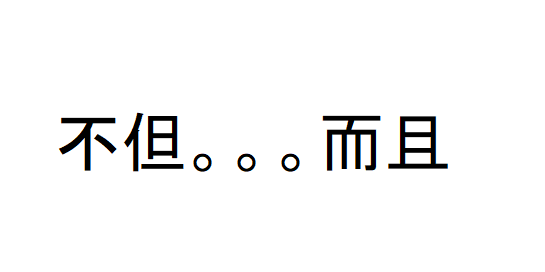Not only but also

An interesting pattern in Mandarin relates to how we translate the English “not only A but also B”.
This is a good example of the fact that you can’t just try to translate words directly between languages.
Here’s a Mandarin example:
他不但很帅,而且很聪明 。 (Tā bùdàn hěn shuài, érqiě hěn cōngmíng.)
It’s “He is not only handsome but also very smart”.
不但 (Bùdàn) would literally translate to “not but”, and 而且 (Érqiě) is pretty much like anything from “and” to “moreover” or “in addition”.
Instead of 而且 (Érqiě), it’s also common to use 也 (Yě) to connect the two parts of the sentence. It normally means “also”. Here’s an example:
这道菜不但好吃,也好看。(Zhè dào cài bùdàn hào chī, yě hǎokàn.)
That’s “This dish not only tastes good, but also looks good”.
The word 还 (Hái) normally means “still” but can also mean “also” and can be used in place of 也 (Yě).
2019-11-29
